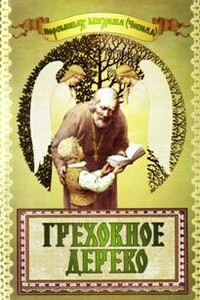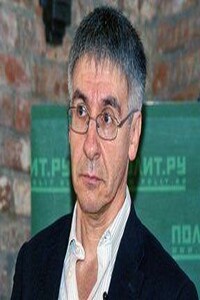Православная миссия в Таиланде в 1999-2014 гг. | страница 30
“The article 208. A person using illegally clothing or symbols representing him as a Buddhist monk or a novice, an ascetic or a priest of any religion, with the goal of convincing the other person that he is such a person shall be punished by imprisonment of up to one year or a fine of up to two thousand baht or with both.
There is no discrimination on the religious grounds to accept or appoint any person to any post in the government or state enterprise, including candidates for Parliament or local municipality throughout the country”.1
1 The extracts from the laws of Thailand on religion // Oleg (Cherepanin), the Abbot. The history of Christianity in Thailand. Bangkok, 2008. P. 211 – 212.
The national identification card (the internal “passport” of Thais) is an indication of the religion. Citizens have the right not to specify it. The Constitution of Thailand prohibits discrimination against citizens on the grounds of differences in religion”. Though the King, as a symbol of unity of the nation, should be a Buddhist, he is the patron of all religions in the Kingdom in accordance with the Constitution of the country”.2
2 Oleg (Cherepanin), Abbot. The mentioned work. P. 229.
Due to the nature of the Church order of Representation associated with the legislation of the Kingdom, the regulator of economic parish life, as well as funding the strategic objectives for the development of Orthodoxy in the country, is the Fund of the Orthodox Church in Thailand. Every parish in Thailand formed the parish councils, which operate in coordination with the Fund and with its direct participation.
The Fund was registered by the Ministry of Internal Affairs of the Kingdom of Thailand on the 20th of June, 2008 as a Thai public organization with the objectives of promoting the development of Orthodoxy in the country, the implementation of catechetical, educational and social activities, along with financial and business operations of the Orthodox Church in Thailand. The Fund operates on the basis of the legislation of the Kingdom and of the Memorandum of jurisdictional appurtenance, confirming the jurisdictional rights of the Moscow Patriarchate for all Orthodox institutions of Thailand.
The property of the Fund of the Orthodox Church in Thailand included the following property at the end of 2013: the plot of land with the area of 1140 m² in Bangkok, on which was completed the construction of the St. Nicholas Church and the building of the Representation; the plot of land with the area of 320 m² with the building of the All Saints Church and the plot with the area of 196 m² and the building of Pokrovsky temple in Pattaya, Chonburi province, the plot with area of 4228 m² with the complex, which includes the building of the Trinity Church, the building of the Nicolas chapel, a bell-tower, a house of the priest, a warehouse, a lodge in Phuket; the plot with the area of 541,6 m² with the building of the Holy Ascension Church on the island Samui, Suratthani province; the plot of land in Ratchaburi with the area of 8740 m² on which monastery complex is located, which includes the building of the Church of the Assumption, the Iberian chapel, superior rooms, 5 monastic cells, the belfry, the Holy gate and the storage; pots in Huahin and on the island Chang.



